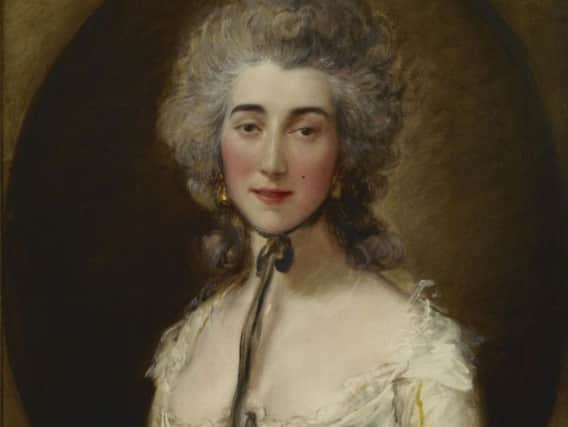On this day 1823: Grace Elliott, Scottish courtesan and spy, dies


Elliott, who was born in Edinburgh around 1754, was imprisoned in France during the French Revolution and left behind what is believed to be the only eye-witness account of the Reign of Terror written by a woman.
The daughter of a lawyer and former soldier, Elliott lived in France on a number of occasions throughout her life - first in a convent as a young woman to which she returned after the collapse of her first marriage.
Advertisement
Hide AdAdvertisement
Hide AdIn her own words, she was a "proud Scotchwoman, who loved nothing but princes and kings." Elliott, it seemed, had it all but the French Revolution was to rock her privileged world to the core.
She witness beheadings and murder on the streets of Paris, where the avenues were littered with bodies following the September Massacres of 1792 when more than 1,000 prisoners were killed in less than a day.
According to her memoir, Journal of my Life During the French Revolution, she hid Marquis de Champcentz following the Assault on the Tuileries Palace of August 1792 by physically carrying him down the street to the shelter of her home.
During a search, she concealed him between the mattresses of her bed on which she lay during the raid, feigning illness.
During the revolution, it is said she was working as a spy. At the very least she was forwarding letters out of France on behalf of the British Government as well as transporting messages between Paris and member of the exiled French court in Coblenz.
She also acted as messenger for Marie Antoinette and assisted in the preparations of the royal family's botched escape plan, according to accounts.
Elliot was arrested in the spring of 1793 and spent the rest of the revolution in prison, where it is said she she suffered violence at the hands of the guards.
Elliot died in Ville d’Avray, Paris on the 16th May 1823 and is buried in Pere Lachaise Cemetery. Her memoirs were published by her daughter after her death.
